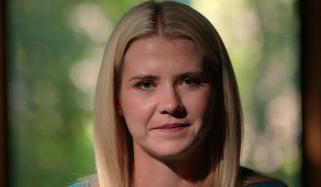
The US Department of Education has changed the official definition of "professional degree" programs as part of implementing President Donald Trump's "One Big Beautiful Act" (OBBBA).
Under the new rules, US students enrolled in specific academic programs might receive less financial support or reimbursement for their education which will depend on whether their degree is officially classified as a "professional" degree.
Many programs have been removed from the professional degree category which have raised concerns among students as the cost of attending college is steadily increasing.
Over the past 30 years, the average tuition at both the public and private colleges in the US has doubled with some colleges are planning further increases this year.
This change means that those students who are pursuing expensive degrees might face financial difficulties if their programs are no longer classified as "professional."
Which degrees are no longer considered 'professional' in US?
* Nursing
* Physical therapists
* Architects
* Physician assistants
* Audiologists
* Accountants
* Social workers
* Educators
What financial challenges could US students face after their degrees are no longer classified as 'professional?'
Under Trump's One Big Beautiful Bill, old repayment programs will be replaced by the Repayment Assistance Plan (RAP).
As a result, the Grad PLUS program (which helped graduate and professional students pay for their education) will be eliminated.
While Parent PLUS loans (which parents use to help fund their children's undergraduate studies) will have stricter limits.
These updated rules will officially take effect starting July 2026.














